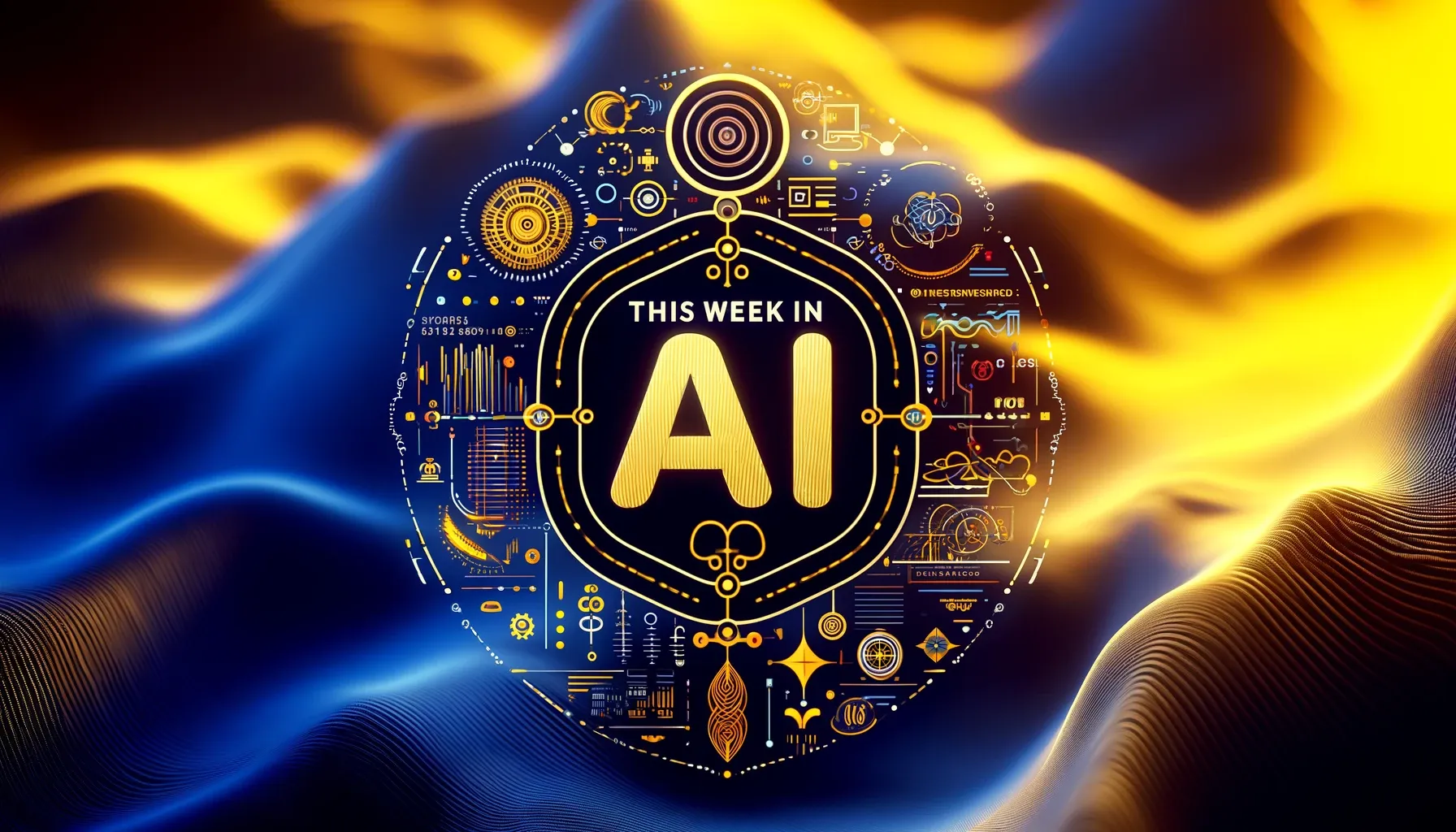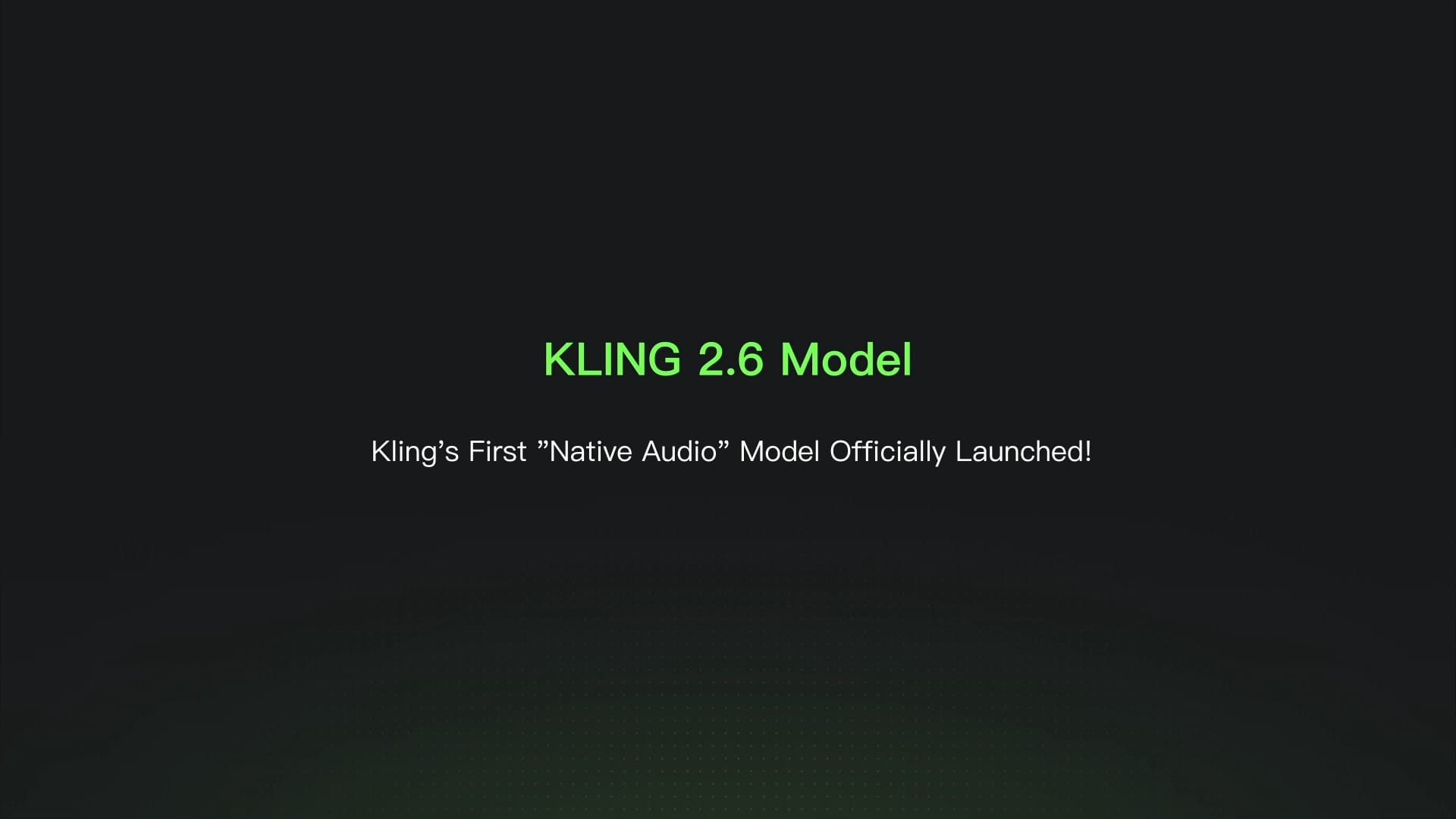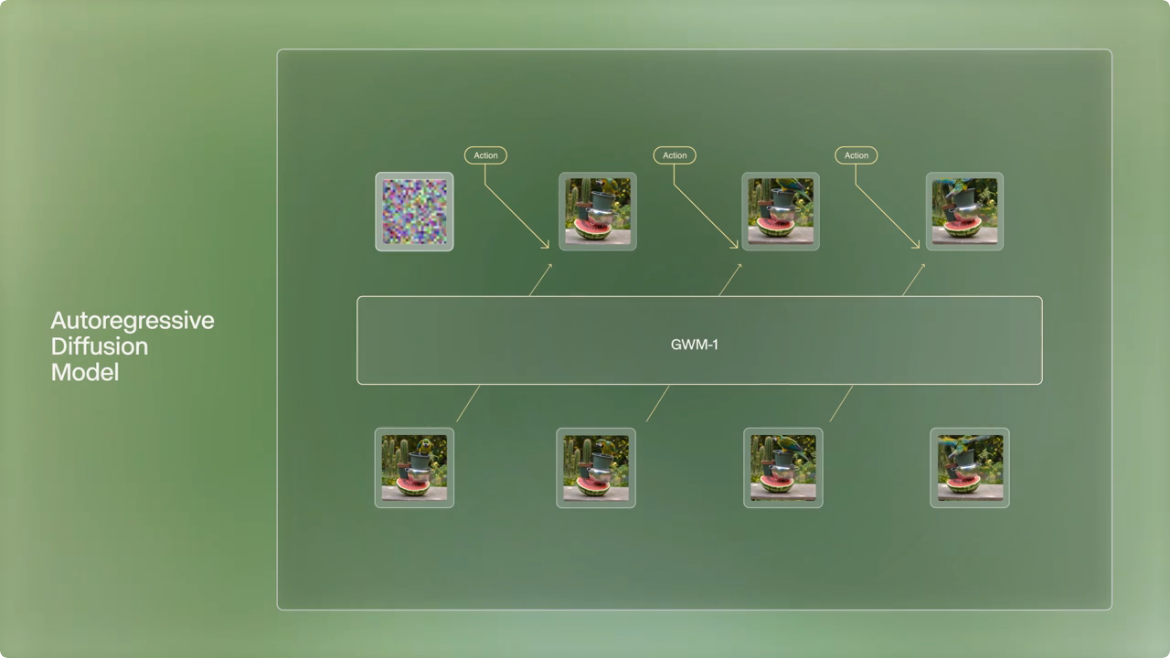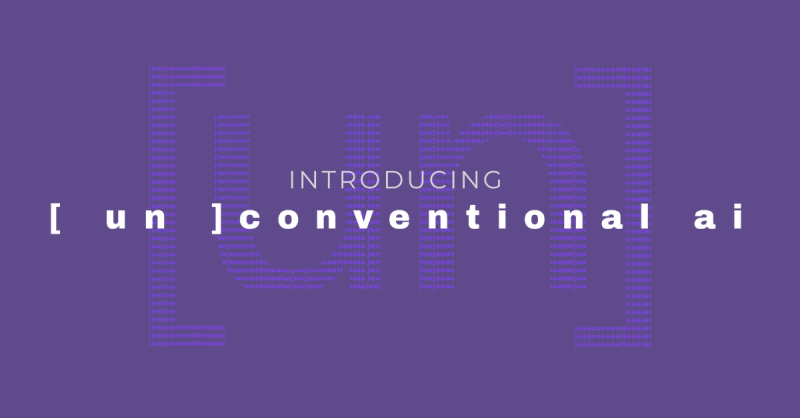This week was best characterized by the broad diversity of topics picked out by our featured headlines, hindering the selection of a dominating topic. The best contender is perhaps the growing concern with two separate but closely related issues: the fact that other than the high-level technical descriptions in research papers, we've gotten this far with virtually no information on how LLMs and chatbots work, especially in terms of getting them to behave desirably; and the growing challenges around media literacy and AI-generated content, especially in the face of the nearing electoral season.
OpenAI made the news twice this week for reasons that fit nicely with the topic at hand. First, the company announced the publication of the Model Spec, a draft document outlining its approach to shaping model behavior through objectives, rules, and default behaviors. According to the company, it is publishing the Model Spec as part of a broader commitment to improving model behavior using human input and as complementary to its approach to model safety.
Additionally, Microsoft and Open AI launched the Societal Resilience Fund to allocate grants to organizations striving to deliver AI education and create a better understanding of the capabilities of AI. In parallel with that effort, OpenAI also announced it would join the Steering Committee of C2PA, work towards adding C2PA metadata to media generated with DALL·E, Sora, and Voice Engine, and working on additional AI-generated media solutions, such as tamper-proof watermarking and detection classifiers.
Finally, TikTok came forward with new AI-generated content labeling and other transparency and literacy measures. TikTok is striving to become the first video platform to integrate Content Credentials technology to automate the attachment of identifying metadata to media generated in its platform, and the labeling of media originated in other platforms that also use Content Credentials. TikTok has also committed to launching literacy campaigns in collaboration with MediaWise and WITNESS to address challenges surrounding general media literacy, AI-generated content, and labeling.
The remaining selection covers everything from speculation surrounding Mistral AI's recent funding endeavor; OpenAI and Stack Overflow's new partnership; and the impressive range of the transformer architecture, contributing to everything from Stability AI's new media-generating Discord chatbot, AlphaFold 3 and its predictive capabilities which now cover all known biomolecules, and Art Recognition's solution, which recently helped identify up to 40 fake paintings listed on eBay, including a fake Renoir and a fake Monet.
Additionally:
Amazon launched its Bedrock Studio preview: Amazon Bedrock Studio provides a collaborative prototyping environment for generative AI app development with access to foundation models and tools like Knowledge Bases, Agents, and Guardrails. Bedrock Studio only requires payment for Bedrock usage and enables secure, private app building.
GitHub announced the general availability of Copilot Chat in GitHub Mobile: GitHub recently announced the availability of Copilot Chat in the GitHub mobile app, enabling developers to perform tasks such as understanding code snippets or learning new frameworks while on their mobile devices.
RunPod raised $20M in seed funding to accelerate its AI/ML workload platform: RunPod recently secured $20 million in a seed funding round co-led by Intel Capital and Dell Technologies Capital. RunPod's globally distributed GPU cloud computing enables easy AI model training, deployment, and scalability. The funding will support RunPod's growth and continued innovation.
Daloopa closed a $18M Series B funding round for its AI-powered financial data platform: Daloopa closed an $18 million Series B led by Touring Capital and Morgan Stanley. Assisted by AI, Daloopa provides complete and up-to-date fundamental data to top financial institutions globally. Funds will help the company innovate its AI algorithms, and drive new market expansion.
Reddit published a new Public Content Policy outlining expected partner behavior: Reddit has announced the publication of its Public Content Policy, which outlines what counts as public content and the expected behavior of partners who gain access to that data. The announcement also details other tools the company set to ensure regulated access to its public content.
Distill is Amazon CTO Werner Vogels' open source meeting summarization app: Amazon CTO Werner Vogels recently shared the process behind Distill, a meeting summarizing app created by himself and his office. Conspicuously, the process highlights several paid Amazon services, from S3 storage to Amazon Bedrock and even Q, the company's AI-powered business and coding assistant.
Triomics raised $15M for its oncology-focused generative AI solutions: Triomics has raised $15 million from a selection of Silicon Valley investors to refine its fine-tuned language models and develop additional software. Triomics models can efficiently match patients with clinical trials and biomarker-driven treatments and extract structured data from health records.
Wayve celebrates its $1.05 billion Series C with a reflection on the relevance of embodied AI: Wayve successfully raised a $1.05 billion Series C led by SoftBank and backed by NVIDIA and Microsoft, allowing Wayve to leverage Microsoft Azure, NVIDIA Drive Orin, and NVIDIA Thor. Wayve will launch its first product featuring the L2+ AI Drive Assist System shortly.
Red Hat announced Red Hat Enterprise Linux AI and Podman AI Lab: Red Hat recently launched Red Hat Enterprise Linux AI (RHEL AI) and Podman AI Lab. The former is a platform for developing, testing, and deploying generative AI models, while the latter enables developers to build, test, and run containerized AI-powered applications in Podman Desktop.





Comments